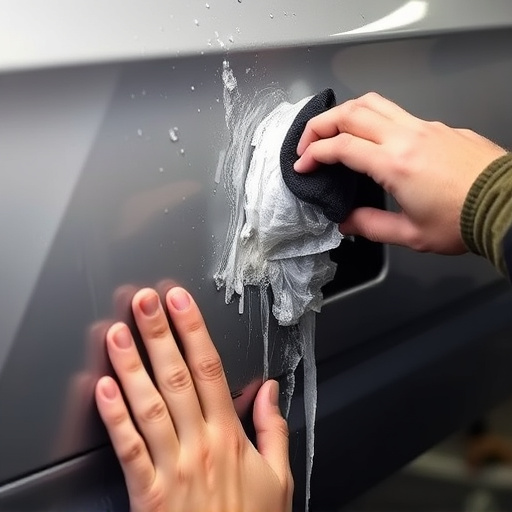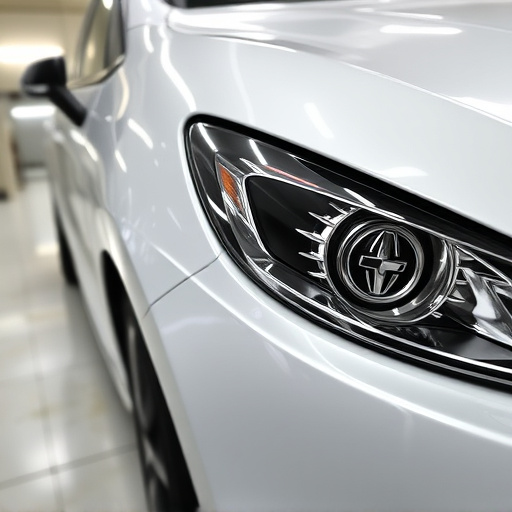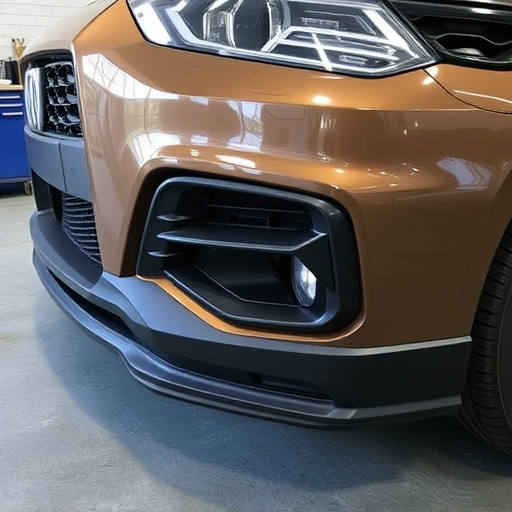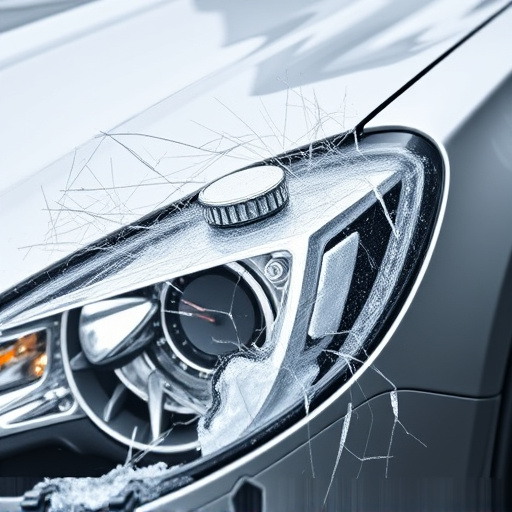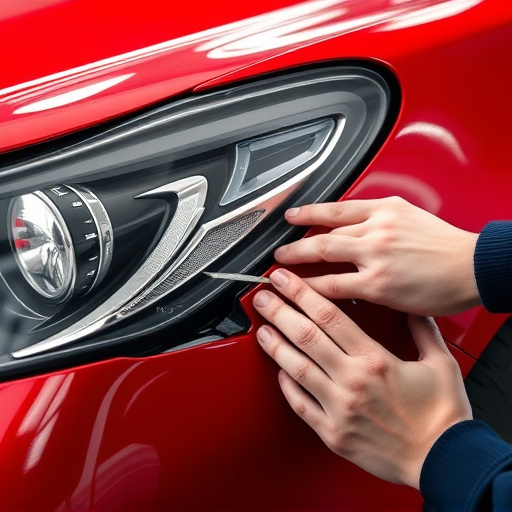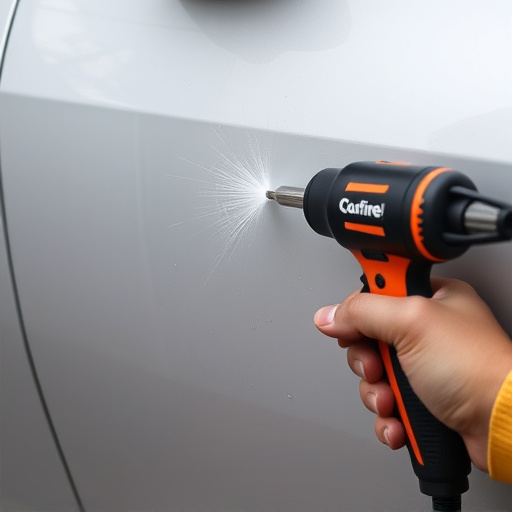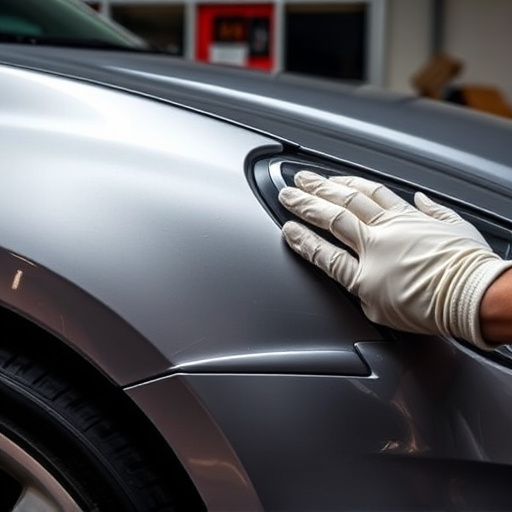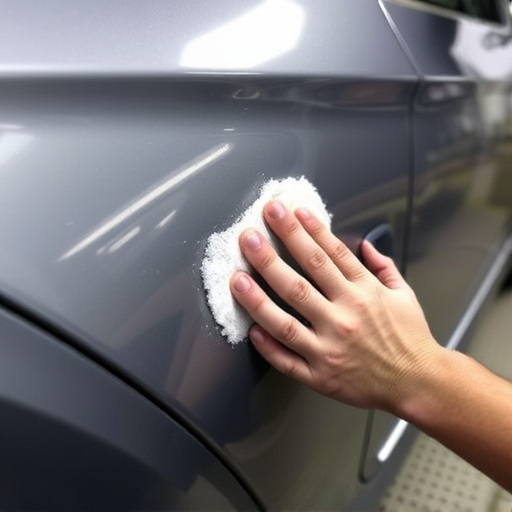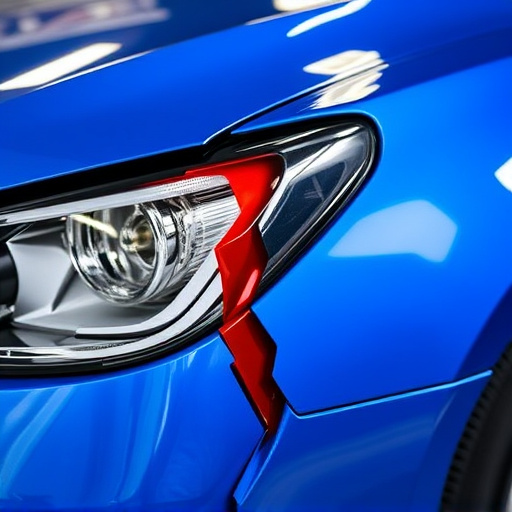Aluminum body components revolutionize modern auto manufacturing, offering improved fuel economy and reduced emissions due to lower density. With superior corrosion resistance, they enhance durability and aesthetic appeal. The strength-to-weight ratio enables innovative designs, streamlined production, cost reduction, and enhanced safety features, making aluminum a game-changer in the industry.
Aluminum body components have revolutionized modern auto manufacturing, replacing traditional materials with a lightweight yet robust option. This shift towards aluminum is driven by the need for more efficient and environmentally friendly vehicles. In this article, we explore the rise of aluminum in automotive design, its exceptional strength-to-weight ratio, and the unparalleled flexibility it offers engineers. From enhanced fuel efficiency to innovative vehicle designs, aluminum body components are transforming the way cars are built.
- Lightweight Materials: Aluminum's Rise in Auto Manufacturing
- Benefits of Aluminum Body Components: Strength and Efficiency
- Design Flexibility and Innovation With Aluminum Components
Lightweight Materials: Aluminum's Rise in Auto Manufacturing

The automotive industry’s relentless pursuit of lightweight materials has propelled aluminum to the forefront of modern manufacturing. Traditional steel has long been the go-to option for vehicle construction, but its weight can hinder fuel efficiency and overall performance. Aluminum, with its exceptional strength-to-weight ratio, offers a compelling alternative. This lightweight metal is now an integral part of many auto manufacturers’ strategies to create more environmentally friendly and economically viable vehicles.
Aluminum body components provide numerous advantages for modern car design. Its lower density allows engineers to reduce the overall weight of the vehicle without compromising structural integrity, resulting in improved fuel economy and reduced carbon emissions. Furthermore, aluminum’s excellent corrosion resistance ensures that automotive body work remains durable and maintains its aesthetic appeal over time, even in harsh weather conditions. This material’s versatility has made it a game-changer in the industry, driving the demand for innovative car bodywork services.
Benefits of Aluminum Body Components: Strength and Efficiency
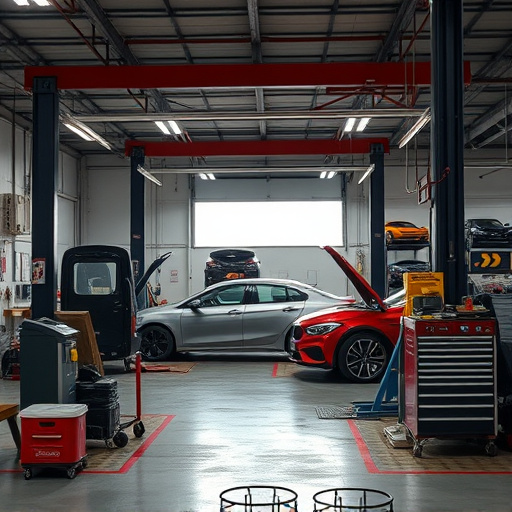
Aluminum body components offer a unique blend of strength and efficiency that sets them apart as a leading material in modern auto manufacturing. One of the primary advantages lies in their exceptional strength-to-weight ratio. This means that while aluminum is lighter than steel, it retains its structural integrity, enabling automakers to create more fuel-efficient vehicles without compromising on safety. By using aluminum panels and frames, cars can achieve better handling, improved acceleration, and reduced emissions, all of which contribute to a smoother and more environmentally friendly driving experience.
Moreover, the lightweight nature of aluminum body components facilitates easier installation during vehicle manufacturing. This streamlines production processes, reduces labor costs, and allows for more complex design configurations. Additionally, aluminum is highly resistant to corrosion, making it an ideal choice for exterior car paint repair and maintaining the overall aesthetic appeal of a vehicle over its lifespan. This property also ensures that car bodywork remains in top condition, enhancing the longevity and resale value of modern vehicles.
Design Flexibility and Innovation With Aluminum Components
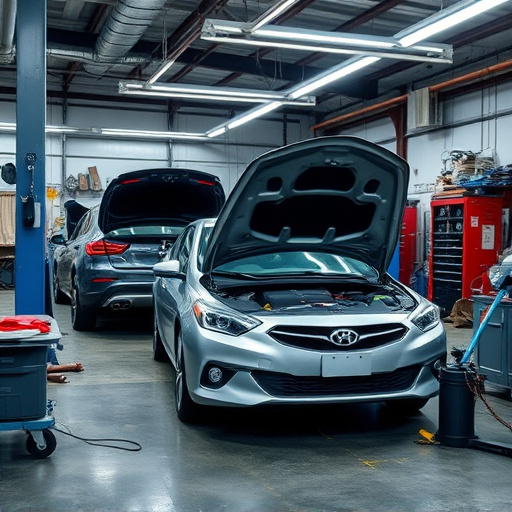
The integration of aluminum body components has brought about a significant shift in modern auto manufacturing, offering unparalleled design flexibility and innovation. Aluminum’s versatility allows for more intricate and lightweight designs compared to traditional steel bodies. This material’s malleability enables complex shapes and curves, giving car designers a canvas to create sleek, aerodynamic profiles that enhance vehicle performance. With aluminum, the possibilities are virtually endless, from elegant curve lines to innovative structural elements.
Furthermore, aluminum body components play a crucial role in facilitating advanced safety features. Its strength-to-weight ratio ensures that cars remain robust and safe during collisions, often reducing the impact on passengers. This is particularly evident in frame straightening processes, where aluminum frames can be precisely repaired, maintaining their structural integrity. Moreover, aluminum’s corrosion resistance contributes to longer-lasting vehicles, requiring fewer car paint services over time, which in turn reduces costs for both manufacturers and owners at collision centers.
Aluminum body components have revolutionized modern auto manufacturing, offering a compelling combination of lightweight materials, strength, efficiency, and design flexibility. As the automotive industry continues to evolve, focusing on sustainability and performance, aluminum is poised to remain a game-changer in shaping the future of vehicles. Its versatility and unique properties make it an essential material for automakers seeking to create lighter, more fuel-efficient, and stylish cars.
